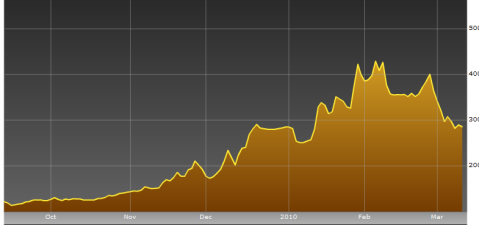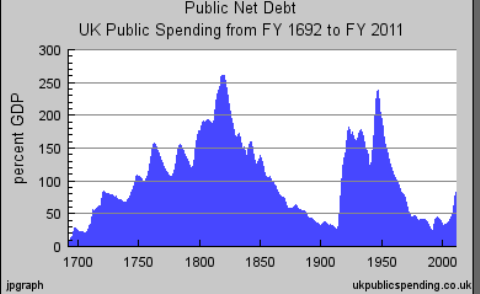Re: PIMCO-Mohamed El-Erian
Derivatives “STEALTH FINANCIAL WEAPON’ a paper destroyer.
Paper burns and water hose interest rate hikes will only delay paper destruction leaving “REAL ASSETS” as value.
Paper will only fuel the run on real assets.
Originally posted by c1ue
View Post
Derivatives “STEALTH FINANCIAL WEAPON’ a paper destroyer.
Paper burns and water hose interest rate hikes will only delay paper destruction leaving “REAL ASSETS” as value.
Paper will only fuel the run on real assets.

 Bloomberg Greek CDS spread
Bloomberg Greek CDS spread
Comment